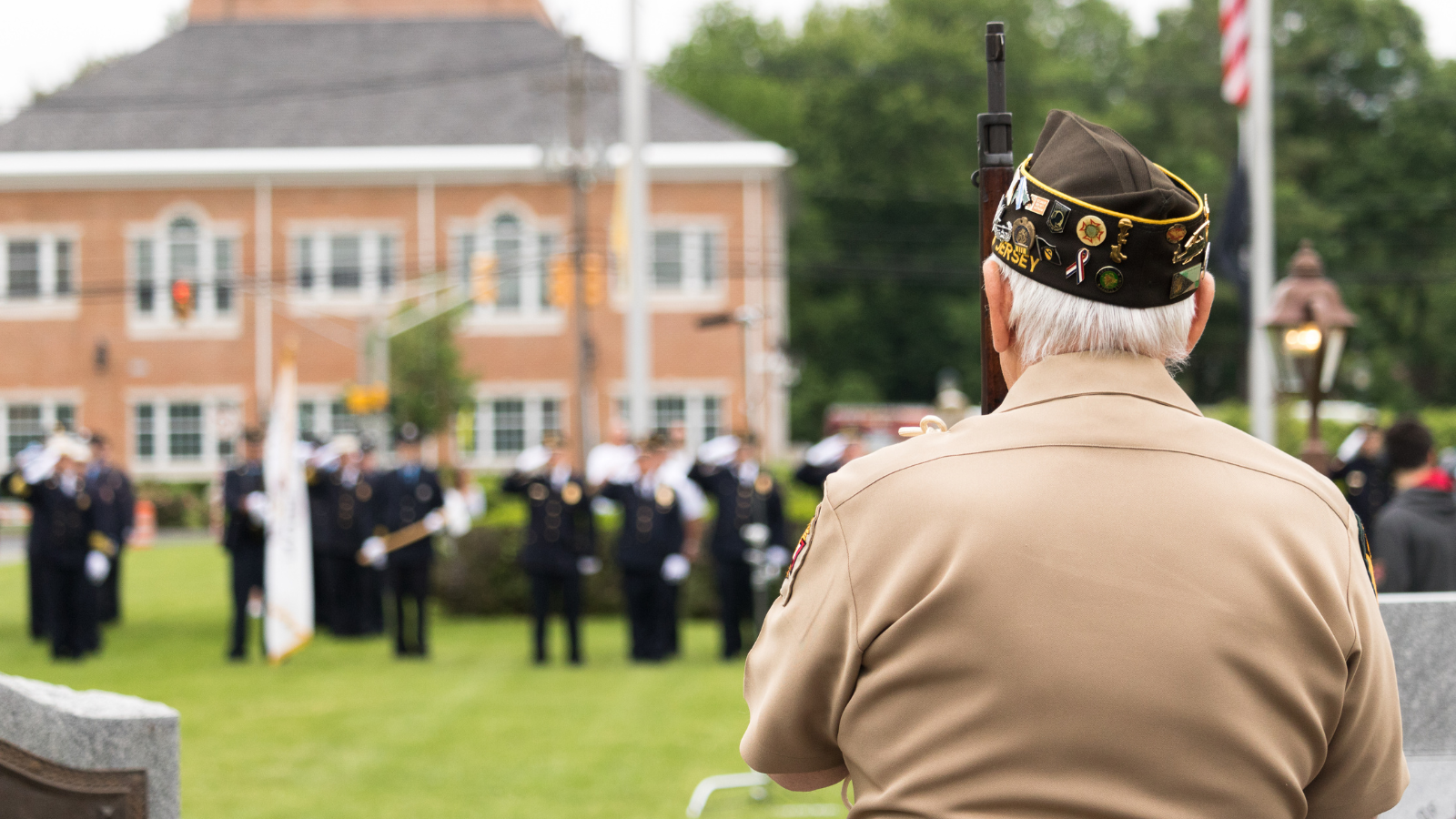Our veterans have served our country with bravery and dedication, often facing unimaginable hardships. However, it is heartbreaking to see that many of these heroes are being neglected once they return to civilian life. Here are 17 of the most telling indicators that our veterans are not receiving the support and care they deserve.
Mental Health Crisis

“The most common mental health problems among personnel and veterans are depression, anxiety and alcohol problems,” reveals the Mental Health Foundation. One of the most pressing signs of neglect is the mental health crisis affecting many veterans, as access to mental health services remains inadequate.
Homelessness

Veteran homelessness is a stark indicator of neglect, and despite numerous initiatives aimed at reducing homelessness among veterans, thousands still find themselves without a roof over their heads. Many veterans struggle with the transition to civilian life, facing unemployment, financial instability, and lack of affordable housing.
Inadequate Healthcare

Access to quality healthcare is another significant issue. The system is often overwhelmed and underfunded, and this results in long wait times for appointments, substandard care, and difficulty accessing specialised treatments. For veterans with chronic conditions or injuries sustained during service, this neglect can be particularly detrimental.
Unemployment and Underemployment

Employment struggles are common among ex-soldiers, highlighting a lack of adequate support in transitioning to civilian careers. Many possess valuable skills and experiences, yet they often face difficulties finding jobs that match their qualifications. This is due to discrimination, civilian employers’ lack of understanding of military skills, and insufficient job placement programs.
Lack of Educational Opportunities

Educational support is crucial for military retirees looking to build new careers, yet many face barriers to accessing higher education. Issues such as limited availability of educational benefits, bureaucratic hurdles, and lack of academic support can deter veterans from pursuing further education.
Insufficient Family Support

The families of those who served their country also face neglect, often struggling with the challenges of reintegration and the long-term impacts of service-related injuries or mental health issues. Family members frequently become caregivers without adequate support, leading to physical, emotional, and financial strain.
Limited Access to Social Services

Veterans often need assistance beyond healthcare and employment, including help with housing, legal issues, and social services. However, many face obstacles in accessing these essential resources. Bureaucratic red tape and insufficient funding contribute to veterans not receiving the help they need with complex social systems.
Financial Hardship

A significant issue for many retired military is financial hardship, like inadequate disability compensation, difficulties securing employment, and challenges accessing benefits. Such financial stress can lead to further issues such as homelessness, poor health, and strained family relationships.
Substance Abuse Problems

Substance abuse is a critical issue among veterans, which is often linked to untreated mental health conditions and the stress of reintegration, as many veterans turn to alcohol or drugs as a way to cope with their experiences. Unfortunately, there are insufficient substance abuse programs tailored to the unique needs of veterans, leaving many without the help they need.
Poor Physical Health

Access to adequate medical care and rehabilitation services is often limited to ex-military, and they frequently face long wait times for treatment, insufficient access to specialists, and a lack of comprehensive care plans. This neglect can lead to worsening health conditions, decreased quality of life, and increased frustration.
Isolation and Loneliness

It’s also a sad reality that a lot of ex-soldiers experience isolation and loneliness after leaving the military. The transition from a structured military environment to civilian life can be jarring. Without adequate support systems, veterans can feel disconnected and alone.
Inadequate Legal Support

Legal issues can be a significant challenge, including disputes over benefits and housing or employment discrimination. Unfortunately, there is often a lack of accessible legal support for veterans, leaving them to work through complex legal systems on their own.
Lack of Peer Support

Peer support is invaluable for those who used to serve, providing a sense of camaraderie and understanding. However, many veterans lack access to peer support networks, leaving them without the social connections that can help them cope with the challenges of reintegration.
Neglected Women Veterans

Women veterans often face additional challenges and neglect compared to their male counterparts, with issues such as lack of gender-specific healthcare, underrepresentation in veteran programs, and unique social challenges contributing to the neglect. This can lead to unmet healthcare needs and a sense of being overlooked.
Ageing Veterans

As ex-soldiers age, they face new challenges and increased vulnerability—yet support systems often fail to address their specific needs. Inadequate access to geriatric care, lack of long-term care options, and insufficient financial support for elderly veterans highlight the neglect faced by this group.
Poor Transition Assistance

The transition from military to civilian life is a critical period for veterans, yet many receive insufficient support during this time. Transition assistance programs are often underfunded and lack comprehensive resources, leaving them unprepared for the challenges they will face.
Bureaucratic Hurdles

Lastly, trying to navigate the complex systems of benefits and services available to veterans can be overwhelming, reflecting another reason they’ve been forgotten. Bureaucratic hurdles, excessive paperwork, and confusing processes can deter veterans from accessing the help they need.







